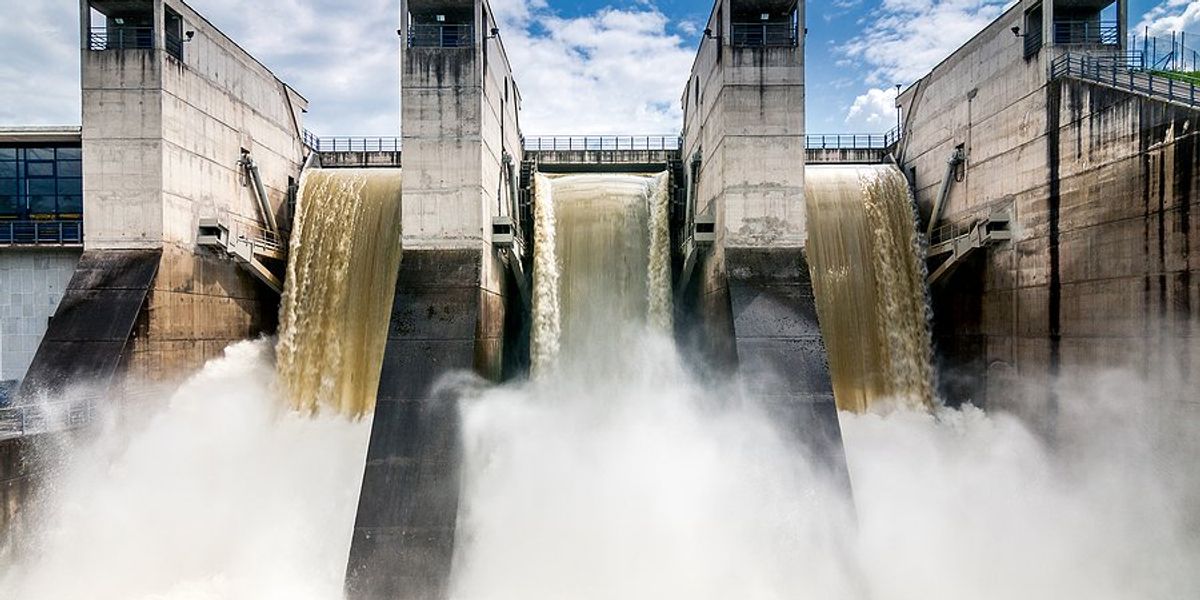overfishing
Most marine protected areas fail to offer true protection
A new study reveals that the majority of the world's largest marine protected areas (MPAs) fail to implement effective conservation measures, allowing destructive activities to persist.
In short:
- Only one-third of the world's largest MPAs have high or full protection, covering just 2.6% of the global ocean.
- Many MPAs are "paper parks," existing in name only without any real conservation measures in place.
- Some MPAs permit activities like mining and industrial fishing, undermining their conservation goals.
Key quote:
“There are 18,000 MPAs, but a hundred of them make up 90 percent of the area. These are the big needle movers.”
— Beth Pike, director of the Marine Protection Atlas
Why this matters:
Effective marine protection is vital to meeting international conservation targets and preserving marine biodiversity. The failure to implement meaningful protections jeopardizes global efforts to mitigate the impacts of climate change and human exploitation on our oceans. Read more: Can marine protected areas reduce marine disease?
Navigating the complex waters of ocean protection and profit
The United Nations High Seas Treaty aims to protect 30% of the ocean by 2030, focusing on areas beyond national jurisdiction, yet its effectiveness is debated.
In short:
- The treaty creates Marine Protected Areas (MPAs) to regulate activities like fishing and drilling but faces criticism for not fully prohibiting them.
- It seeks equitable sharing of ocean resources and a regulated ocean economy, aiming to balance profit with conservation.
- Critics argue that current MPA guidelines allow exploitative activities, questioning the true conservation value of these areas.
Key quote:
“The most important thing we take from the oceans is our existence. If you like to breathe, you’ll listen up.”
— Sylvia Earle, marine biologist and explorer
Why this matters:
The future of the world's oceans—and by extension, our planet—is at a critical juncture, with our ocean's role in climate regulation and biodiversity conservation at odds with unchecked exploitation. In the decades following the establishment of Marine Protected Areas, conservation goals and commercial interests remain at odds.
African penguins have almost been wiped out by overfishing and climate change. Researchers want to orchestrate a comeback
Mekong: The last chance to save a mighty river
Court case on fate of Snake River dams, imperiled salmon postponed at least 45 more days
| BigStock Photo ID: 137283833 |
| Copyright: Oksana Byelikova |
Sumatran Indigenous seafarers run aground by overfishing and mangrove loss
Many among Indonesia’s Duano Indigenous community have hung up their fishing nets in response to recent environmental and economic shifts.
South Africa’s penguins heading toward extinction; will no-fishing zones help?
With just 10,000 breeding pairs left, the endangered African penguin (Spheniscus demersus) could be extinct in the wild by 2035 if the current rate of population decline continues.



















